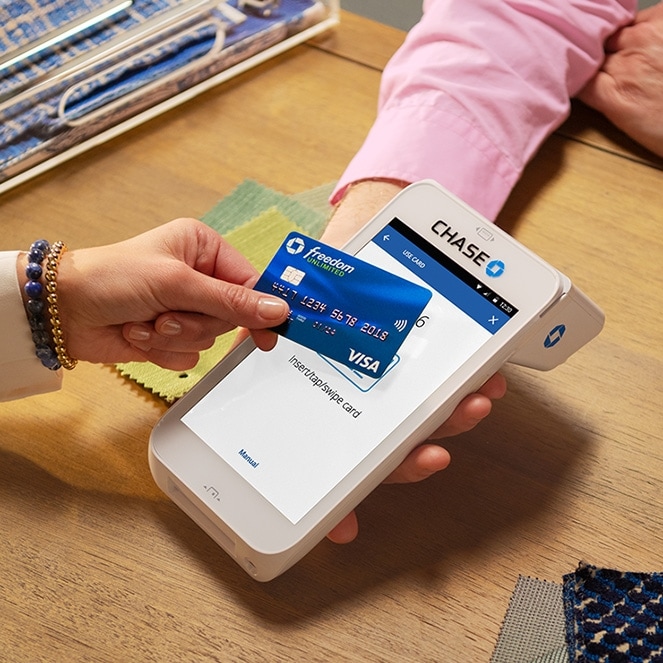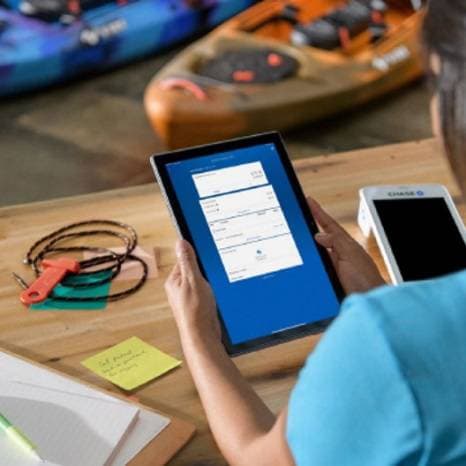Smart Terminal Business Tax Forms
Get details on 1099-K forms, like when they're applicable, how to file them, and more.

Tax form support topics
Get answers to the questions most frequently asked by business owners just like you.
Form 1099-K is the IRS’s information return for reporting the movement of funds.
It reflects the gross dollar amount that you collected in the previous calendar year. In addition, the IRS 1099-K form should reflect your legal name and Taxpayer Identification Number (TIN). It is up to you (and your tax professional) to determine whether these amounts represent taxable income.

If you're subject to tax in the United States, and you meet the requirements of at least $20,000 collected and at least 200 transactions in a calendar year you'll receive the 1099-K form. If you reside in Canada or another foreign country and aren't subject to tax in the United States, you won't receive the 1099-K form.
If you collect at least $20,000 and have at least 200 transactions in the calendar year, you'll receive the 1099-K form by January 31 of the following year. The form will come from WePay, a Chase company. All payment processors are required to issue the 1099-K form by law. WePay is also required to file a corresponding tax form with the IRS, which participates in a combined filing program with many state tax agencies.
It is up to you (and a tax professional) to determine whether your proceeds represent taxable income. Chase won't report the funds that you collected as earned income. The 1099-K form is simply intended to track the movement of funds.
Yes, these thresholds apply to all U.S.-based businesses including non-profits and other tax-exempt entities. However, the 1099-K form will be sent with the name and Taxpayer Identification Number (TIN) of your business or non-profit, rather than the account’s administrator’s legal name and social security number.
In other words, if you're an administrator of an account for a business or non-profit, you won't take on any tax liability on behalf of the business or non-profit under your own social security number, as long as you input the correct name and employer identification number for the business or nonprofit.
When determining whether you have received more than $20,000, Chase doesn't deduct refunds or fees. Gross payment volume is determined by the amount of money your customers originally paid.